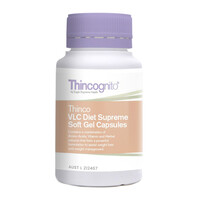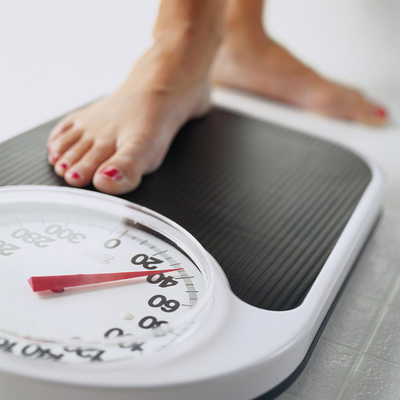When evaluating the progress you’re making towards your fat loss goals, is the first thing you do is step on the scale in the morning? Do you hold your breath, trying to make your body as light as physically possible and then step on, hoping for a favourable number showing up? If so, you aren’t alone. Scale weight is the number one way that most people gauge their fat loss progress.
Sadly, it’s not often the best method. Here’s why.
What The Scale Tells You
First, it’s important to know what the scale tells you about weight loss. The scale is basically going to give you a raw number of how much total body mass you have. It is not telling you how much fat you have or how much lean muscle tissue you possess on your body.
These are two very important factors that will go into determining your health and how your body looks and feels. For example, you can have two people both weighing in at 140 pounds. If one person has 15% body fat and the other has 40% body fat, they are going to look completely different.
This is why it’s critical to assess more than just body weight.
What Impacts The Scale
Another reason to avoid just using the scale to judge how well your progress is moving along is because the scale is impacted by a number of things – things that don’t even have to do with true fat loss.
For example, if you ate a plate of nachos the night before, a meal that will without a doubt have a high salt intake, don’t be surprised if your bodyweight is up by a few extra pounds. You’re retaining water and it shows on the scale.
Likewise, if you’re a woman and it’s just about your time of the month, this too can seriously impact your bodyweight. You may notice you go up by 1-3kgs during your menstrual period.
All of this can lead to frustration if it’s not taken into account. You may think that you aren’t making any progress at all, when in fact, that just isn’t the case.
Other factors that can impact the scale include stress, lack of sleep, the temperature outside, and the type of activity you’ve been doing. If you do a very intense workout for instance, this can cause inflammation to occur, which is actually going to make you weigh more on the scale.
Better Methods than Weight Scales
So what methods should you use to assess your weight loss results? How can you be sure you’re on track with your fat burning program?
Try simply looking in the mirror. Do you look slimmer? If so, you’re on the right track. Do you see more muscle definition? If so, that’s also great news. Often you are the best judge of how much progress you’re making.
You may also consider how tight or loose your clothes are fitting as well. If you notice your clothing is getting looser but you are gaining weight, this could be a good indication that you are actually losing body fat and building muscle mass. This is a very good thing as far as your overall appearance and health is concerned.
If you are able to, you might also have a body fat test taken as well. This can be done through using skin calipers (the least accurate), underwater weighing, or using a DEXA machine. While these aren’t available to everyone, they can give you a much better idea of how much total fat mass you have present.
When you can decrease your fat mass over time, that’s all that really matters. If your weight goes up but your fat mass is lower, this indicates you are making excellent progress towards your end goal of a fit and healthy body.
So don’t be too quick to hop on the scale to judge your weight loss progress. It may not tell you the complete picture.
...and remember, qualified nutritionists at Healthy Being are available to offer further general advice to help guide you in selecting the right products. So please, feel free to contact us at any time!
.png) Shannon Clark is a qualified nutritionist and a regular contributor to HB Insights. She specialises in weight control and management as well as optimal fitness performance. She's devoted to helping readers obtain their own personal best health and fitness and stays on top the latest trends in the industry.
Shannon Clark is a qualified nutritionist and a regular contributor to HB Insights. She specialises in weight control and management as well as optimal fitness performance. She's devoted to helping readers obtain their own personal best health and fitness and stays on top the latest trends in the industry.


 Certified Organic
Certified Organic Vegan Friendly
Vegan Friendly  Vegetarian
Vegetarian Organic Ingredients
Organic Ingredients Dairy Free
Dairy Free Gluten Free
Gluten Free Keto Friendly
Keto Friendly































